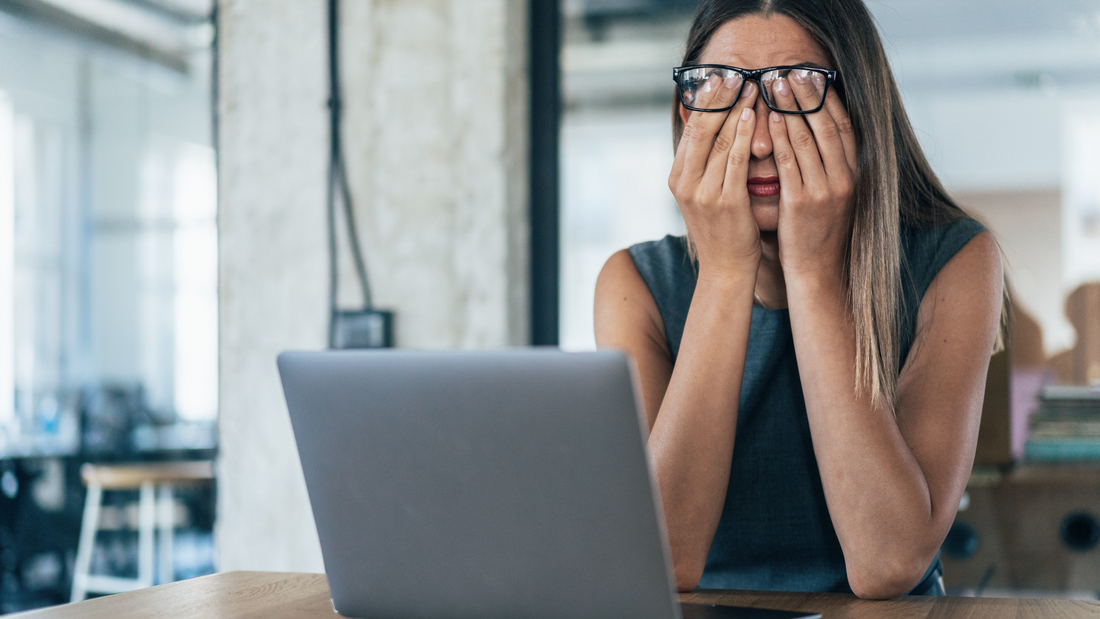Sleep is one of the most important functions in our bodies. It's essential for overall health and well-being, yet many people don't get enough sleep at night. It may seem like waking up tired would only make it harder to fall asleep, but that's not always the case—the body needs time to recover from its daily activities before going into deep sleep again. A study conducted by Brigham Young University researchers found that lack of sleep can have a negative effect on your eyesight. So, if you've been up all night working or partying too hard, then read on for more information about how lack of sleep affects your vision!
Sleep is important for eye health.
Sleep is important for eye health. If you're not getting enough sleep, it can affect your eyesight in several ways:
- Sleep helps your body restore itself and recover from illness or injury.
- Sleep helps the immune system work better so that you're less likely to get sick or catch an infection (like pink eye).
- The brain uses more energy when we're awake than when we're asleep--and our brains need this extra energy to function properly! If you don't get enough restful sleep at night, it's harder for your brain to think clearly during the day because it's too tired out from staying active all night long.
Lack of sleep affects your vision in several ways. Sleep deprivation can cause dry eyes, eye strain, blurry vision and difficulty focusing. It can also cause double or triple vision and possible eye twitches when not getting enough sleep.
As you can see, there are a lot of ways that lack of sleep can affect your eyesight. If you're experiencing any of these symptoms, it's important to get some rest and see if they go away. If they don't, or if they get worse over time, talk with your doctor about how to improve the quality of your sleep.
You should also be aware that lack of sleep may increase your risk for accidents on the road--especially drowsy driving accidents! In fact, recent studies have shown that driving while sleepy increases crash risk by up to eleven times compared with alert drivers.
Sleep apnea and eye health.
Sleep apnea is a risk factor for glaucoma. Glaucoma is an eye disease that could lead to loss of vision and the likelihood of developing glaucoma is higher in people who have sleep apnea. Eye doctors may be able to see signs of sleep apnea during eye exams. When sleep apnea is treated properly, many eye-related problems are reversible.
When you tuck yourself in tonight, remember to give your eyes the chance they need to rest and heal by getting the recommended amount of sleep. Adults should get seven or more hours of sleep every night on a regular basis. If you are having vision problems or struggle with sleep apnea, contact your doctor.

